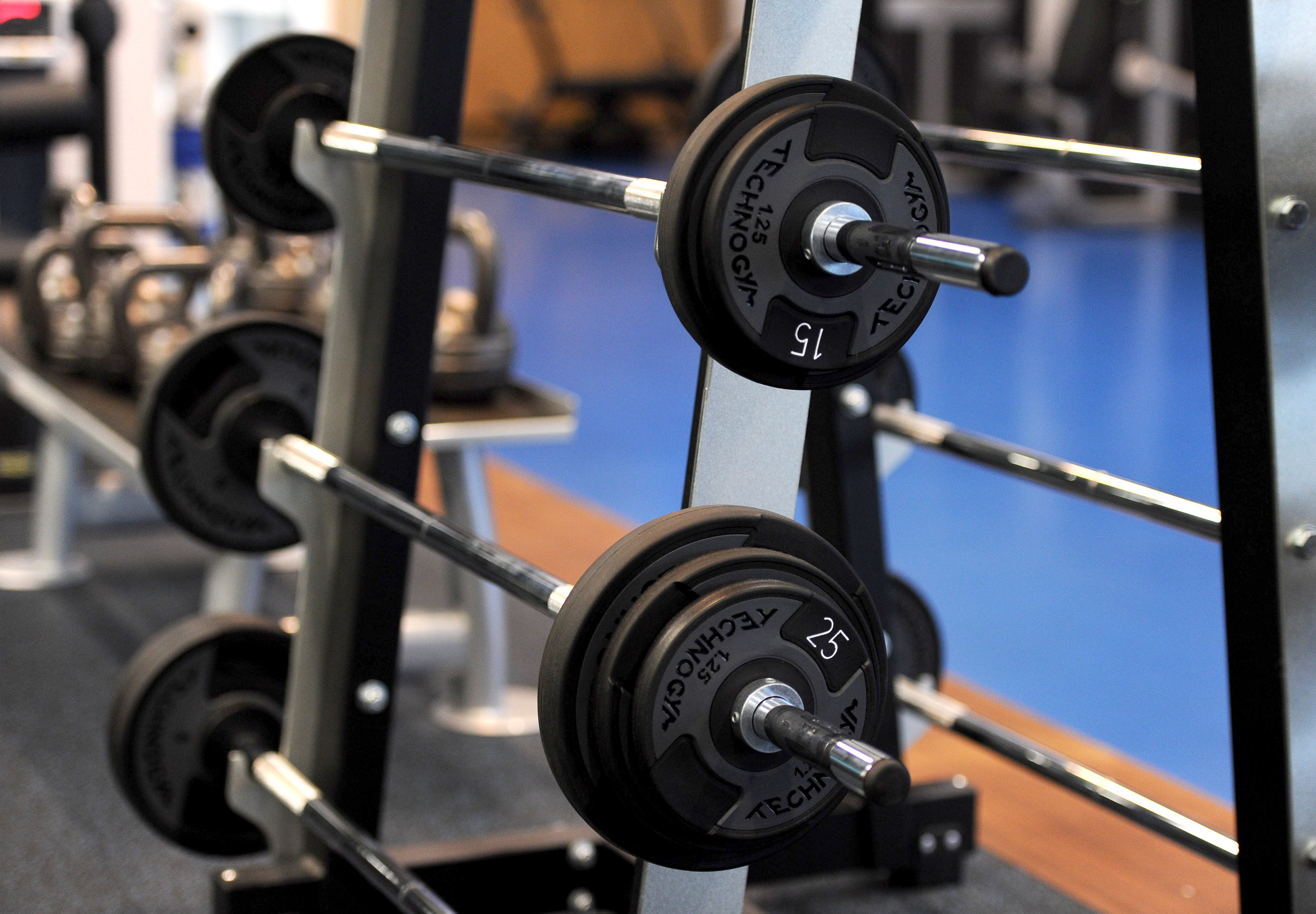Young adults ‘twice as likely to prioritise gym as savings in a typical week’
Around 8% of 24-year-olds said they prioritise their savings in a typical week, while 17% prioritise the gym, according to Experian.

Your support helps us to tell the story
From reproductive rights to climate change to Big Tech, The Independent is on the ground when the story is developing. Whether it's investigating the financials of Elon Musk's pro-Trump PAC or producing our latest documentary, 'The A Word', which shines a light on the American women fighting for reproductive rights, we know how important it is to parse out the facts from the messaging.
At such a critical moment in US history, we need reporters on the ground. Your donation allows us to keep sending journalists to speak to both sides of the story.
The Independent is trusted by Americans across the entire political spectrum. And unlike many other quality news outlets, we choose not to lock Americans out of our reporting and analysis with paywalls. We believe quality journalism should be available to everyone, paid for by those who can afford it.
Your support makes all the difference.Young adults are around twice as likely to prioritise the gym in a typical week as their savings, a survey has found.
Six in 10 (60%) 18 to 24-year-olds believe that getting physically fit and healthy is more rewarding than getting their finances in order, according to credit information company Experian.
Despite this, nearly the same number (58%) of young adults said that poor financial health is affecting their overall wellbeing.
One in 12 (8%) 18 to 24-year-olds said they prioritise their savings in a typical week, while 17% prioritise going to the gym and 14% prioritise healthy eating, the survey of 2,000 people found.
More than a fifth (22%) prioritise taking time to “switch off”.
Nearly three-quarters (73%) of 18 to 24-year-olds said that information on improving their mental and physical health is more readily available than that which would support their financial health.
Personal finance expert Iona Bain said: “I’d advise people to start small – it could be as simple as deciding to look at your accounts more often or figuring out how much money you owe to creditors.
“You’ll start getting a much clearer picture of what’s going on so you can work towards being more mindful in your spending or coming up with a repayment plan. Make sure any changes to your financial behaviour are sustainable and allow for balance in life.”